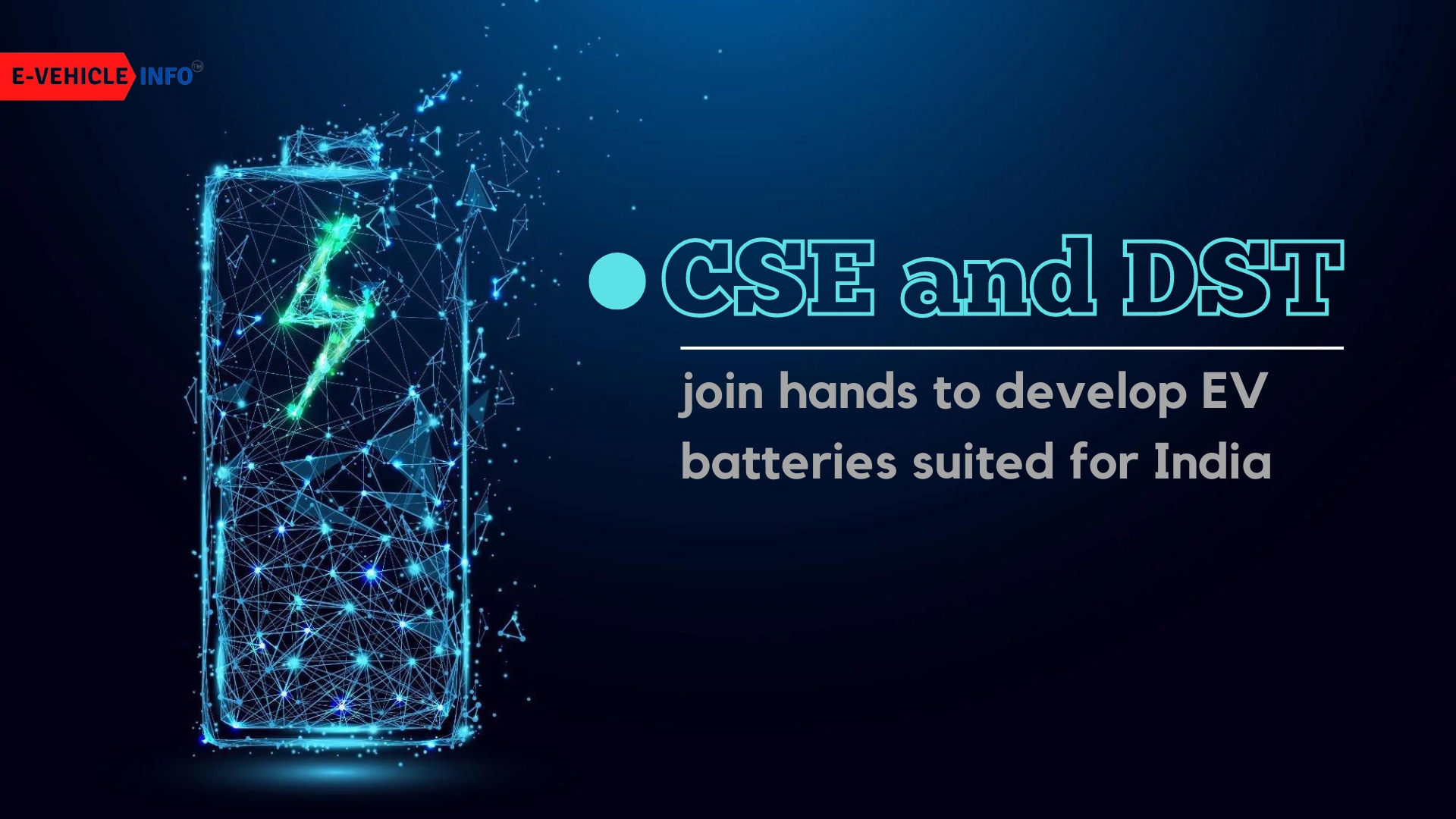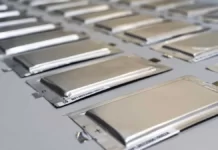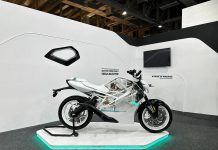
The Department of Science and Technology (DST) of the Indian government and the Centre for Science and Environment (CSE) teamed together to establish a platform that will support the development of new electric vehicle batteries to suit and meet Indian needs and requirements.
According to the partners, a white paper outlining the development plan for new battery technologies in India will be written, and then a platform or forum for industry experts and field experts would be established to help the process.
Recently, CSE and DST hosted a round table discussion on locally suited EV batteries that are reliable and efficient under the conditions of a hot, humid tropical climate.
This was the first in a series of meetings with experts from eminent institutions and representatives from automakers, the battery sector, regulatory agencies, testing organisations, and independent labs specialising in battery chemistries.
When it comes to cost, safety, and charging infrastructure, India faces a number of obstacles that hint at gaps in realising the country’s zero-emission aspirations, according to the report.
This combined effort of DST and CSE is intended to address the necessary gaps and to establish a platform that will examine, evaluate, and identify technological solutions that are safe, locally possess appropriate supply chain systems, and can be tailored for various kinds of vehicle uses.
The round table discussion brought to light the following crucial problems for developing potential future pathways:
• Building manufacturing volumes for EV batteries and to make sure the supply chain is in place to advance the paths.
• To create paths for battery management and thermal management systems, evaluate the requirements of Indian vehicles and the climatic stress.
• Appropriate, cost-effective solutions for two-wheelers
• EV battery chemistries specialisation
• Requirement of innovation in lithium-ion batteries since they are to remain the standard for a long time, particularly in compact vehicles.
• Creation of laws and technical norms to advance the trajectory of batteries.
• Pay close eye to the battery’s ageing.
• Establishment of rules for the durability and performance of EVs in use.
• To design regionally appropriate battery technology paths, databases on performance and safety factors are required.
• Battery recycling for used batteries






